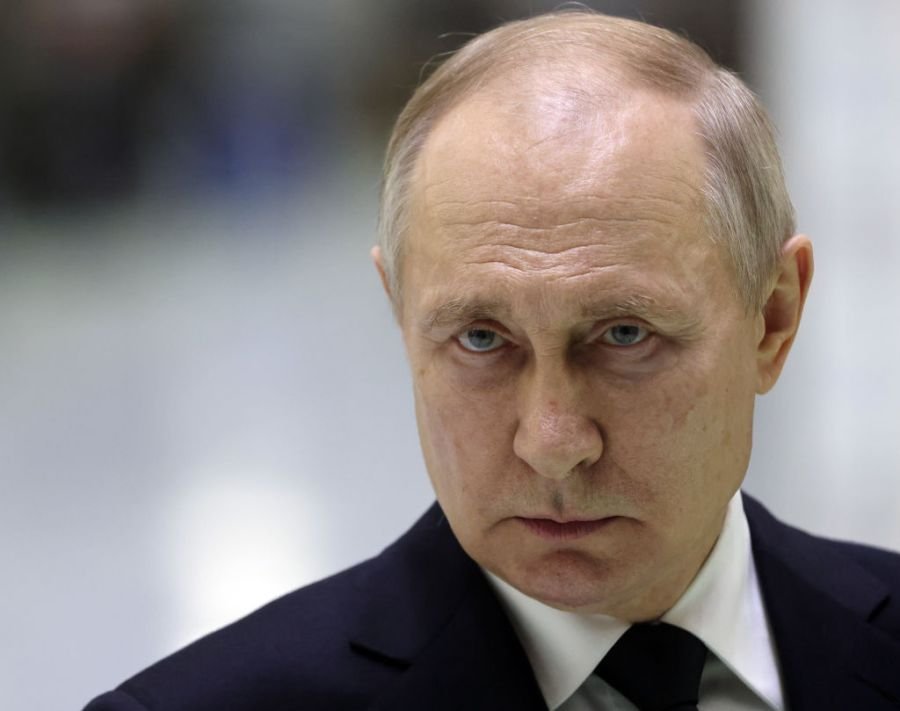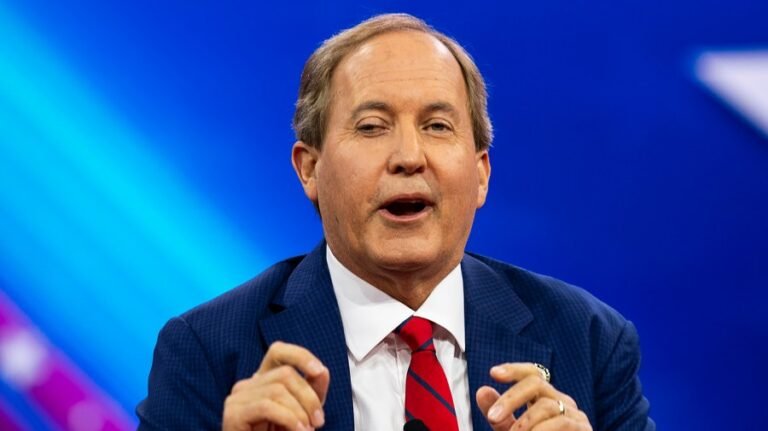
Max Boot is right. We really are in Peanuts territory. Russian President Vladimir Putin is Lucy van Pelt. President Trump is the ever-hopeful yet fatalistic Charlie Brown, and Ukraine is the war-worn football.
Meeting Trump in Budapest is no longer needed. Putin obtained what he wanted last Friday — no Tomahawks for Ukraine and no U.S. secondary sanctions against Russia. So, as he did already in Alaska, Putin yanked the football away.
Yet the question is not what we are seeing. Charles Schulz, in his genius, taught most of us that lesson before we were five years old. You cannot keep trying the same thing expecting a different result. The real issue is to understand why Putin keeps pulling the football away every time Trump gets close to kicking it.
Simply put, the reason is that Putin is betting on Europe to fail. Wittingly or not, Team Trump afforded Putin that field position when it staked Ukraine’s fate on Europe’s willingness to fund and defend Kyiv.
Moscow is convinced that Europe is not up to either task — not, at least, in any meaningful or game-changing way that would force Putin to give up his war against Ukraine. Nor is Putin necessarily wrong. Europe is very good at talking the talk, but walking the walk is not a strength.
Europe has adopted former President Joe Biden’s ‘just enough’ strategy. It will help Ukraine just enough for it to survive and keep Russia engaged, but not enough for it to win. Except now that Putin has figured out Europe as well, he has become more overt in his actions, threatening NATO countries directly with drone, helicopter, and jet-fighter intrusions into their airspace.
Passive defensive measures are no threat to Putin. He is betting that NATO will continue to react via bureaucratic measures that will likely be vetoed by Hungary or Slovakia, and by sternly-written condemnation letters.
Consider French President Emmanuel Macron. At various times since Putin began his ‘Special Military Operation’ on February 24, 2022, Macron has boasted that he was considering putting French troops on the ground in Ukraine, extending a nuclear umbrella to defend Europe against Putin’s aggression, and deploying a Sky Shield for Ukraine to defend against Russian drone and ballistic missile attacks. Lots of European talk, but no substantive action. Putin has sized Macron up as a blowhard, unlikely to follow through in the end.
To date, German Chancellor Friedrich Merz is proving to be a disappointment as well. In December 2024, during a visit to Kyiv, the then-candidate Merz made it clear to Zelensky that if he won, Germany would green-light Taurus missiles so that Kyiv could strike “the military targets from which your country is attacked.”
Eight months after Merz won the election, Berlin has still not provided Ukraine with the Taurus missile. Instead, since taking office, equipping Ukraine with the Taurus missile has become mired in coalition politics and continued domestic opposition. Merz may be intent on eventually building the “strongest conventional army in Europe.” But when it comes to Ukraine in the here and now, Putin is unmoved. From Moscow’s vantage point, Berlin is weak.
Even the United Kingdom is proving to be lackluster. Although London did yeoman’s work in training 55,000-plus Ukrainian troops since the war began, its own ability to field frontline troops, either as peacekeepers or as a NATO backstop, is severely limited.
Militarily-speaking, the U.K. is hollowed out. Presently, the British Army has roughly 70,000 soldiers — more than half of what it was at the height of the Cold War. Britannia’s once-vaunted Navy that ruled the waves? Reports alarmingly suggest it “barely [has] enough active warships to field a single carrier strike group.”
Although British Prime Minister Keir Starmer is attempting to invest more in the the military, it is not happening nearly fast enough. U.K. spending increases scheduled for 2027 do nothing to deter Russia in Ukraine today. Putin sees that and recognizes that, other than airpower, money and technology, London likewise is no threat.
As we argued Tuesday on our weekly show, Europe as a whole lacks a sense of urgency. Brussels’ game plan is to catch up by 2030 — five years too late. Putin sees that as well. He knows that his own military position in Ukraine is weak. The Institute for the Study of War reports daily that his army is moving in meters, not kilometers. He knows he is losing on average 1,000 soldiers a day.
Yet none of that matters to Putin. He is willing to pay that price because Europe, at least for now, is not willing to pay the cost to stop him — only to provide a passive defense of its own borders. NATO still cannot collectively come to a consensus on rules of engagement for their pilots defending their eastern flank.
Bleak as this is, Europe is not without hope or answers. The bright spots include Ukraine itself, Sweden (which is now selling Ukraine 150 fighter jets), and the military efforts from Poland, Finland, and the Baltic States.
The key is that Europe collectively needs to put an end to an endless number of photo-ops in Kyiv, meetings in Brussels and talk of future Russian threats and begin addressing the Russian threat that exists right now.
Half-measures are not going to change Putin’s cost calculus. This is a man who willingly has killed or wounded more than 1.1 million of his own countrymen and allies, including Chechens, North Koreans and Chinese.
Full measures are required. Stop talking about a Sky Shield and implement it. Stop complaining about Russian drones and start shooting them down. Adopt a zero-tolerance policy for any Russian aircraft violating any NATO member-state’s territory.
Turn the Baltic Sea into a NATO lake. Bottle up the Russian shadow fleet illegally transporting oil and gas in St. Petersburg and Kaliningrad.
Emplace as many air defense systems in Ukraine as possible — an integrated air defense network — and announce to Putin that Brussels is going on a wartime economy footing, too.
Trump can and should help Europe find its footing. Enough of playing Charlie Brown with Putin. Reward Putin’s obstinance by sending Ukraine Tomahawk missiles and calling for the Senate to authorize secondary sanctions.
In other words, instead of trying to kick the football, Trump needs to kick Putin’s backside, and hard — figuratively speaking, of course.
Mark Toth writes on national security and foreign policy. Col. (Ret.) Jonathan Sweet served 30 years as a military intelligence officer and led the U.S. European Command Intelligence Engagement Division from 2012 to 2014.


